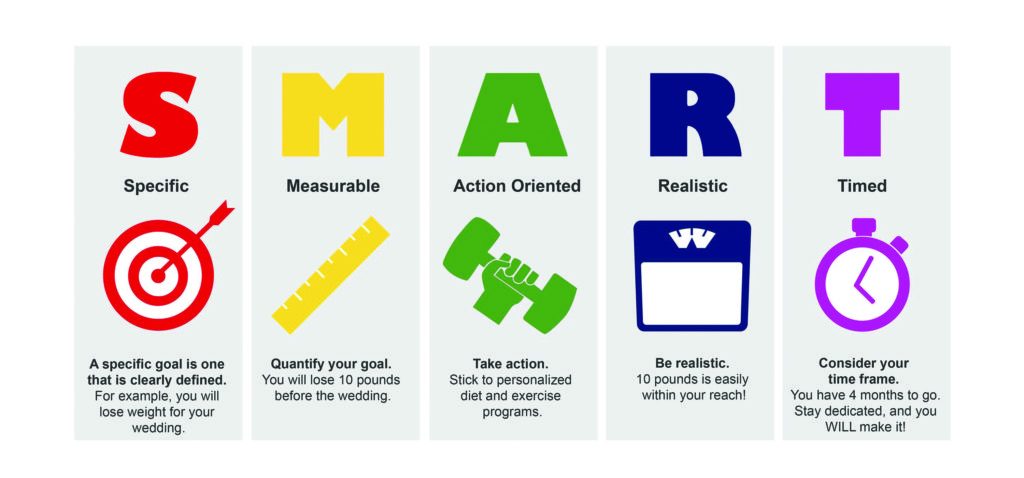2020 was a tough year and as a small business owner I can attest to that. But as tough as it was, I still mused optimistically with my family on New Year’s Eve about the year ahead and made a resolution or two.
But what if they were like timeshare vacations, where the pitch is short (well, maybe not that short) but the commitment is forever? No one is sure when we started making New Year’s resolutions, but what is for sure is that almost half of us make them and most only last a few months (see Figure 1).
So then why do we make them? I believe it goes back to what makes us unique as human beings— the ability to self-reflect. My dog slept through New Year’s Eve and did not lose any sleep over how she is going to make 2021 better than 2020. As humans, we look at the future optimistically and want to make every year better than the last, probably because we realize that time is precious.
So, if time is precious and resolutions are about making changes that will improve our quality of life, why do they fail?
They fail because change is hard. It is easy to have a few glasses of champagne on NYE and state publicly how this is the year you will quit smoking, lose weight or exercise more. The next day is when reality sets in and we realize what it will take to accomplish our resolutions.
What if we could change all that and use self-reflection to make realistic changes that stick?
So what do we need to do? Be more SMART. Not smart in the way of intelligence, but in the way we approach achieving our goals. If you have read any of Stephen Covey’s books, you are familiar with SMART Goals (see Figure 2).
Once you understand how SMART goal setting works, you begin to appreciate that it’s not the resolutions that need to stop, it’s how we approach accomplishing them.
Let us start with the first step by picking a specific thing that matters to you and is worthy of your time and effort. I will use myself as example and as I sit down to write this article, I notice an extra fold of fat sitting on top of my belt, (the extra COVID 15 pounds). I know that as I approach 50 years old, losing belly fat is important and I have a wife, 3 kids and a dog that I want to enjoy life with. Now I know what I need to do and why I need to do it. But setting a goal to “lose weight” is not going to work. I know this because I have tried and failed before.

But what if I applied SMART thinking:
I want to lose the 15 pounds by 12/31/2021.
To accomplish this, I will need to walk for 30 minutes 3 days/week, eliminate snacking after 8pm and reduce my overall calorie intake by 200 calories/day, (nightly popcorn binge). I expect to lose 1 pound/month, measured by weekly weigh ins, and will make my accountability partner (wife) aware of my progress every Friday.
After reading this you might think that my goal is not challenging enough and that is fair. The difference is setting realistic expectations and results that can not only be achieved but exceeded.
It took me a year to gain the weight, why should I expect meaningful change sooner? By setting a realistic goal of 1 pound/month I am being realistic with myself. (I have spent 49 years with me.) I know that I will have setbacks and even with those, I can still accomplish my goal.
All that matters here is picking something that is important to you and making it SMART. Here are a few examples of small changes that can make a big difference over time:
Never worked out? Start with walking in place during TV commercials three nights a week.
Want more time with your significant other? Turn off the TV and talk for 30 minutes.
Want inner peace? Use a meditation app like Calm or simply set a 10-minute timer, close your eyes, and start repeating a one-syllable word.
Drinking too much soda? Use a +/- approach, replace one soft drink a day with a glass of water, gradually eliminating soft drinks.
Need more sleep? Start with going to bed 30 minutes earlier, working up to 7-8 hours/night.
Want to get more organized? Start with one drawer, cabinet or closet at a time.
Feeling stressed? I’d recommend trying CBD, it helps calm the mind and allows you to achieve balance.
There are hundreds of more ways to incorporate small changes that will eventually add up to big results. I believe if you make the changes SMART, the results will surprise you and inspire you to do more.
A wise man once said: “A journey of a thousand miles begins with a single step.”
Take the first step to becoming a better you by committing to one SMART change, today.